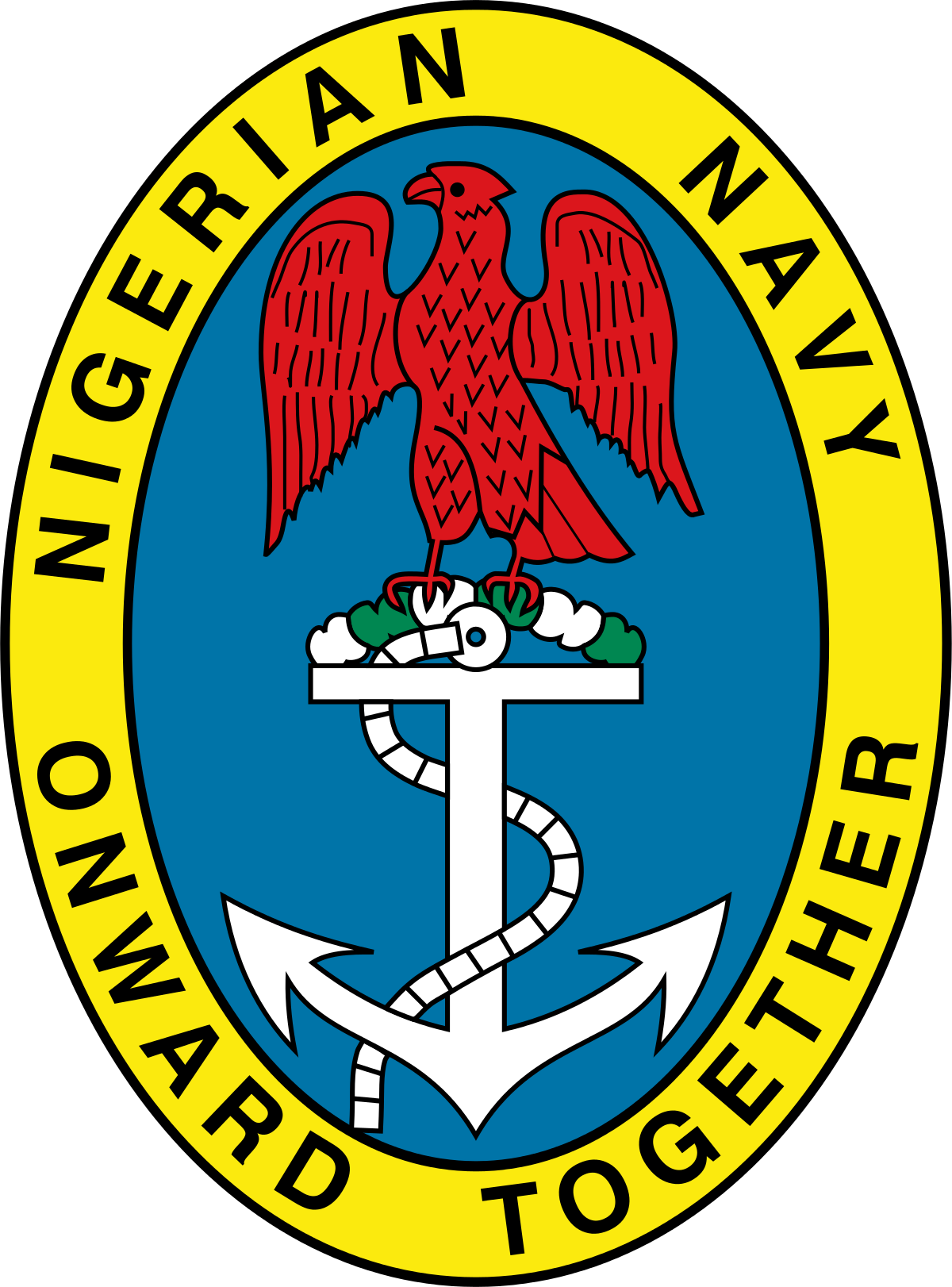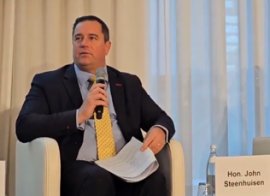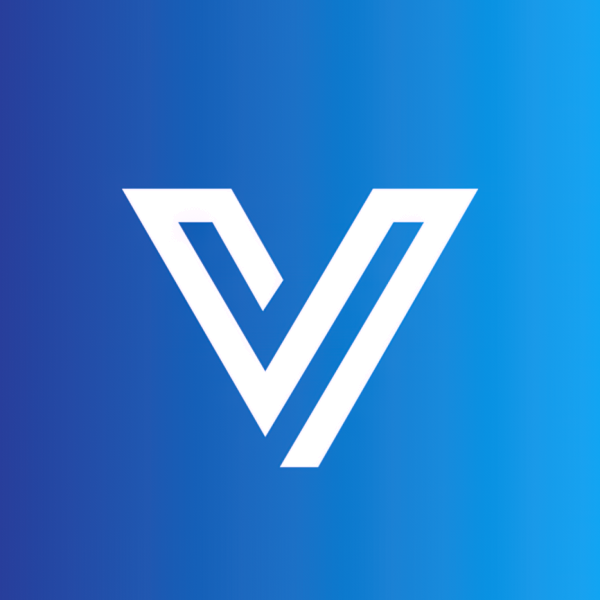Cross-border payments have long been a challenge in Africa, with fragmented financial systems, high transaction fees, and unreliable infrastructure hindering seamless money transfers.
While global fintech advancements have addressed these issues in many regions, Africa – particularly Francophone Africa – continues to face significant hurdles. However, Guinea-based fintech, Cauridor, is rapidly changing that landscape with its innovative payment infrastructure.
Cauridor has emerged as a leading force in Africa’s fintech ecosystem, addressing the inefficiencies in remittance and business payments with a hybrid approach that integrates cash networks and digital infrastructure. The company recently secured $3.5 million in seed funding to accelerate its growth, strengthen its payment rails, and expand into new markets.
Currently, Cauridor’s platform facilitates:
through an extensive network of over 25,000 agents across:
These agents – mostly small business owners equipped with POS devices – play a crucial role in enabling cash deposits, withdrawals, and bill payments.
The company has also established remittance corridors to key African markets such as:
Its partnerships with global financial giants, including:
alongside regional telecom leaders like:
have further cemented its position as a crucial payments enabler in the region.

Since pivoting in 2022 from BNB, a consumer-focused remittance app, to a broader B2B payment infrastructure model, Cauridor has seen exponential growth.
“We realized early on that the rails in Francophone Africa were almost nonexistent.
So we had to go in and start building payment rails in the region since the payments there were fragmented,” said CEO, Barry.
In 2023, the company processed two million transactions, generating a total payment volume (TPV) of $300 million. That figure surged to $500 million in 2024, highlighting the rising demand for its services.
Here is a breadown of Cauridor’s remarkable achievements in 2024:
Cauridor is entering 2025 on a high, having achieved record levels of success in 2024:
This transformation has also reshaped the company’s revenue model. Today, more than 90% of Cauridor’s revenue stems from its payment rails business, underscoring its strategic shift towards infrastructure-based financial solutions.
Cauridor competes with established players like Onafriq (formerly MFS Africa) and Thunes but has carved out a niche by focusing on markets often overlooked by competitors, such as Guinea and Liberia.
Cauridor CEO, Oumar Rafiou Barry, attributes the company’s success to its:
advantages that have helped it attract major clients like MoneyGram.
Despite fierce competition, Cauridor’s infrastructure is essential to the broader fintech ecosystem. Some competitors even rely on its payment rails in specific regions, while Cauridor itself partners with firms like Thunes for expanded global reach.
Cauridor, which employs around 200 people across its offices in Ivory Coast, Senegal, Guinea, Sierra Leone, and Liberia, is gearing up for significant expansion.
With its newly raised capital, the company is set to launch operations in Mali and Nigeria this year [2025], reinforcing its presence in West Africa. Additionally, it is ramping up hiring efforts and enhancing marketing initiatives to drive growth.
Beyond geographical expansion, Cauridor is also exploring blockchain technology to streamline settlements and tap into the increasing adoption of stablecoins for cross-border payments in Africa. As it prepares for a Series A funding round, the company remains committed to building a more efficient and inclusive financial ecosystem for Africa.
With its impressive growth trajectory, strategic partnerships, and bold expansion plans, Cauridor is poised to redefine the cross-border payments space in Africa, making financial transactions more seamless and affordable for businesses and individuals alike.
Follow us on X for latest posts and updates
Join and interact with our Telegram community
________________________________________
________________________________________













